Honoring Vietnam Veterans - Dos - 2016
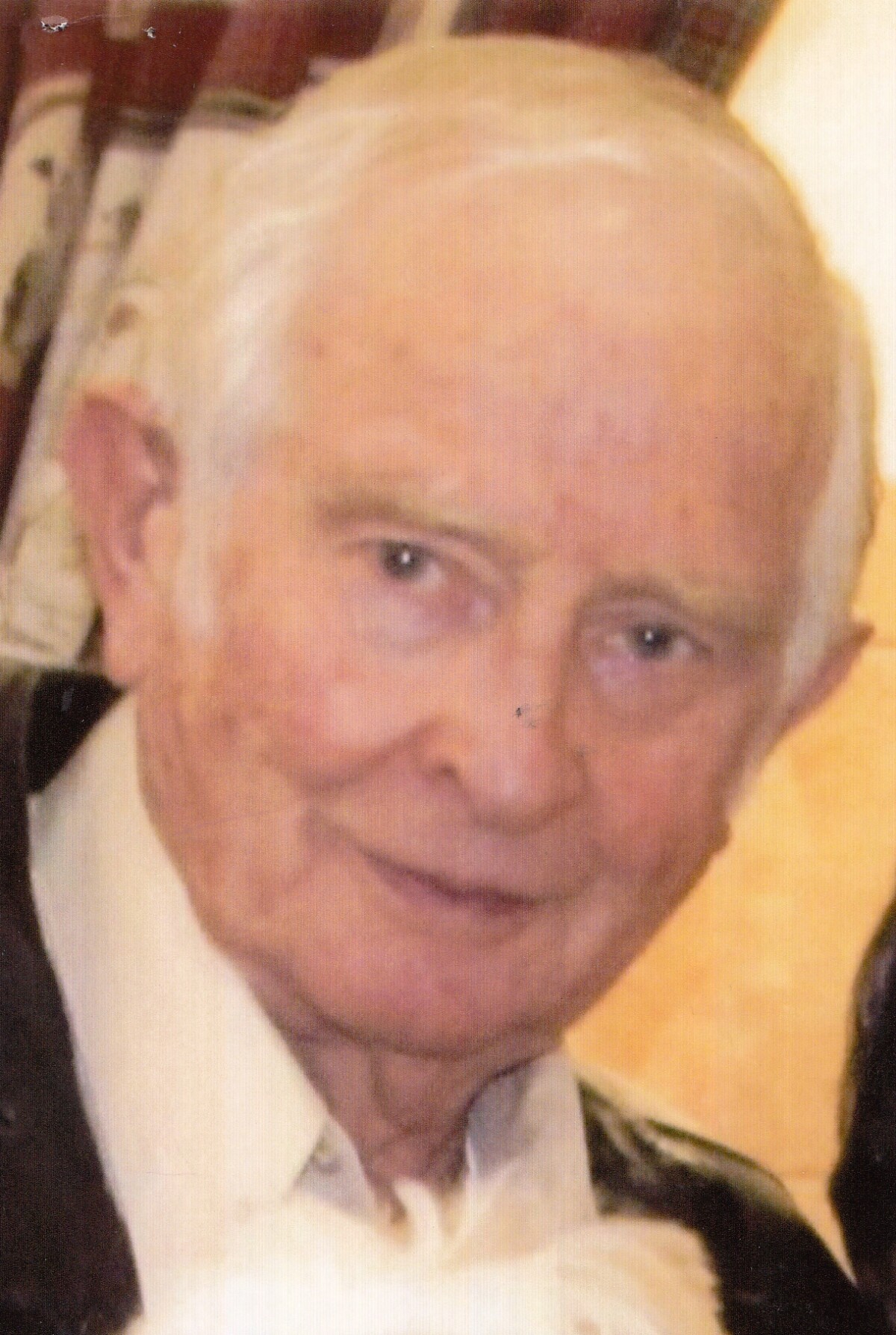
Honoring Vietnam Veterans - Dos - 2016
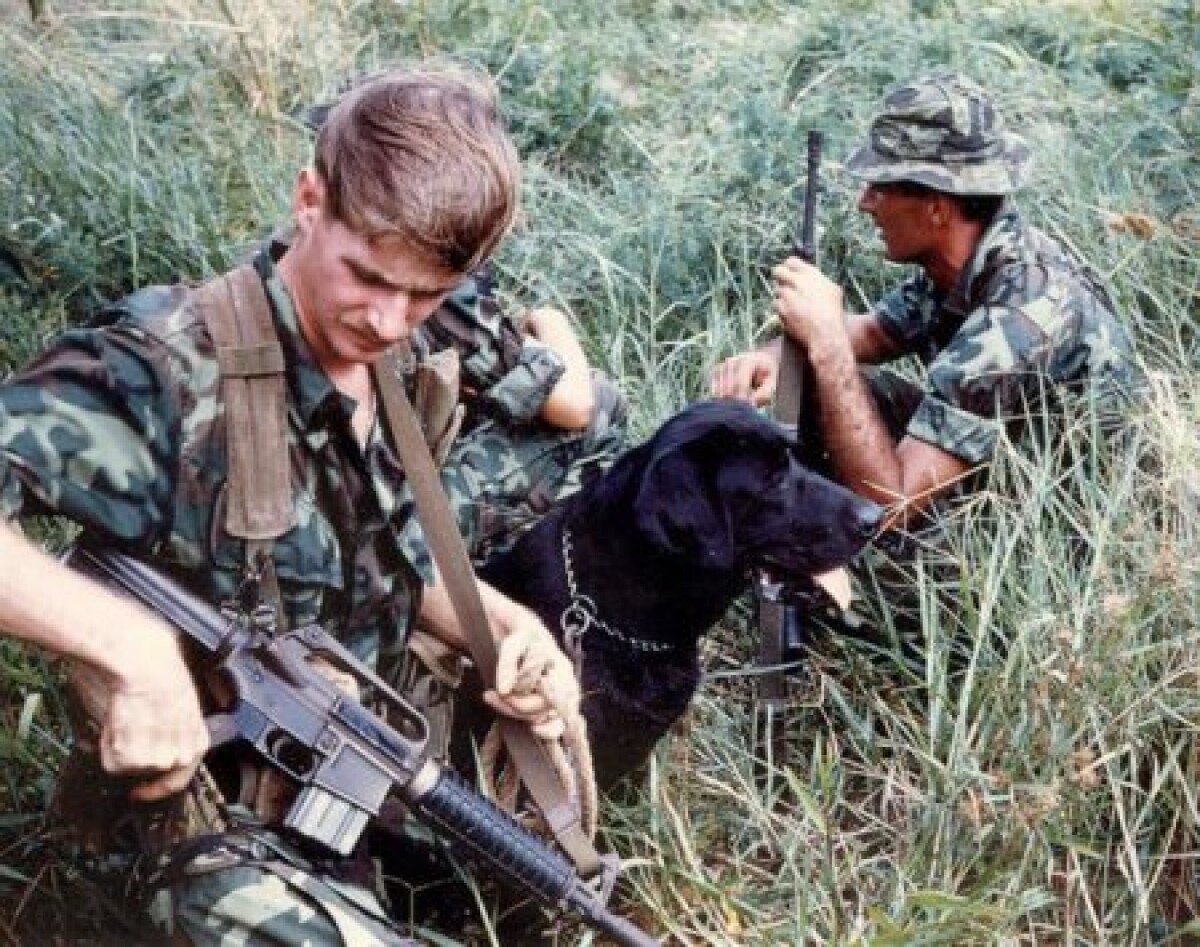
Honoring Vietnam Veterans - Dos - 2016
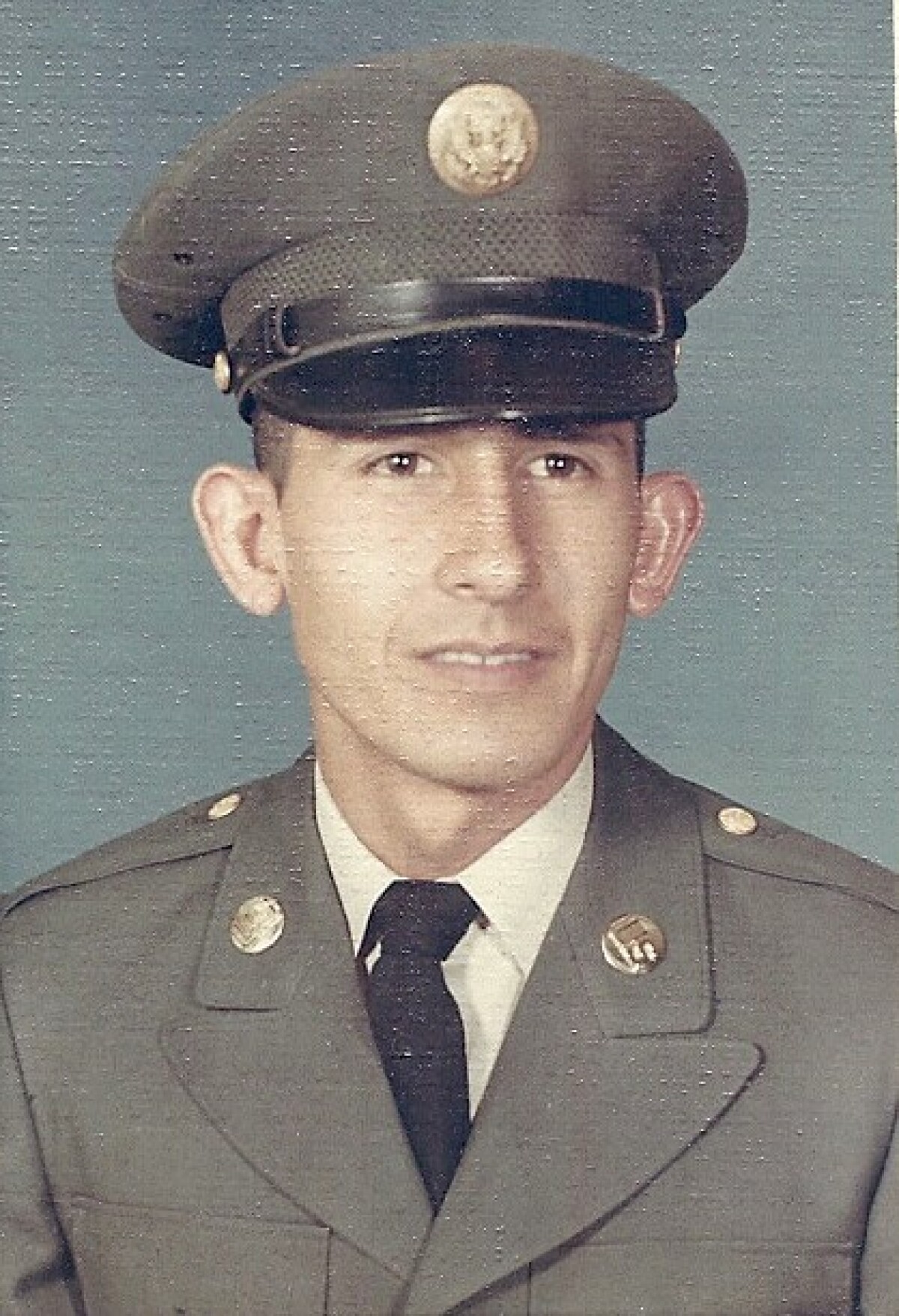
Honoring Vietnam Veterans - Dos - 2016
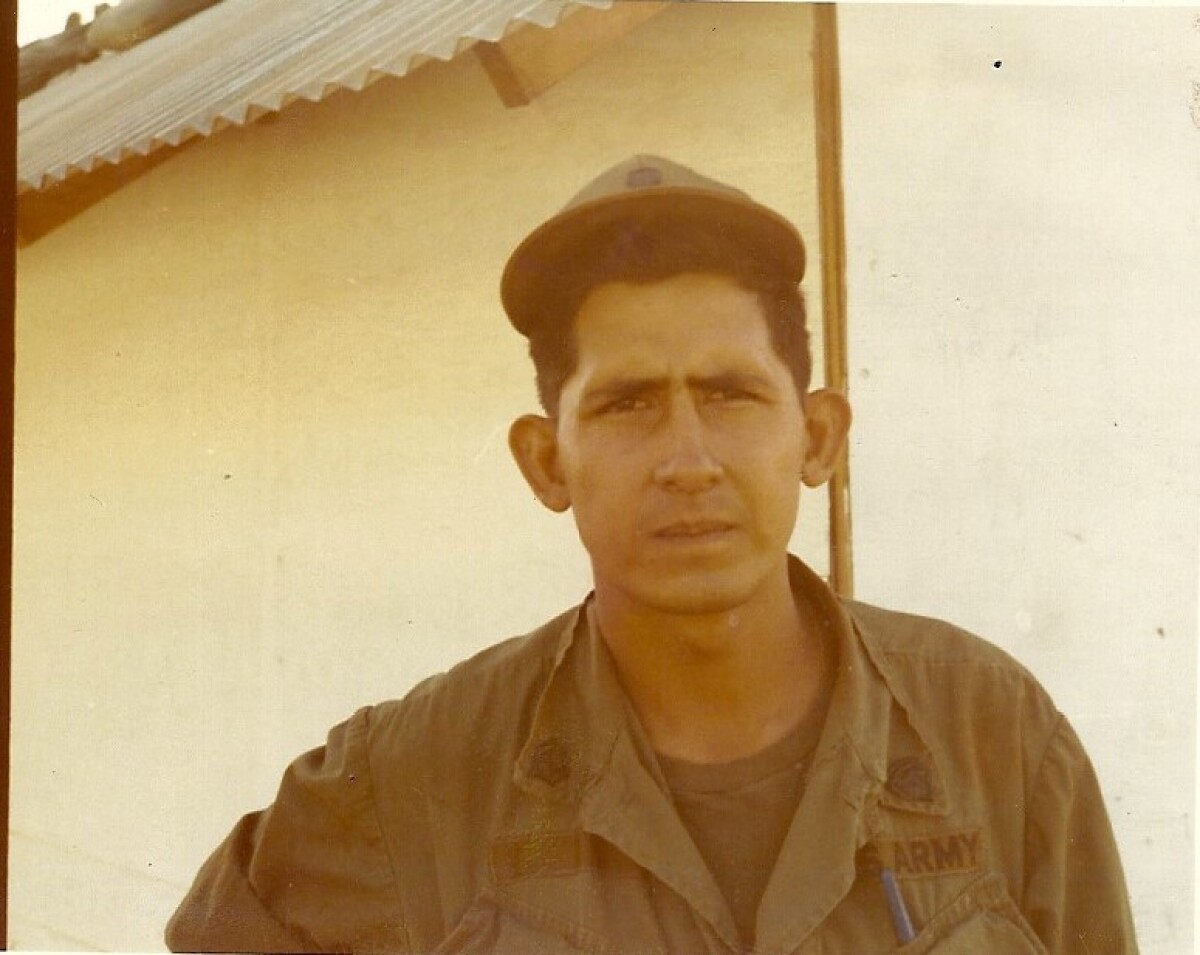
Honoring Vietnam Veterans - Dos - 2016
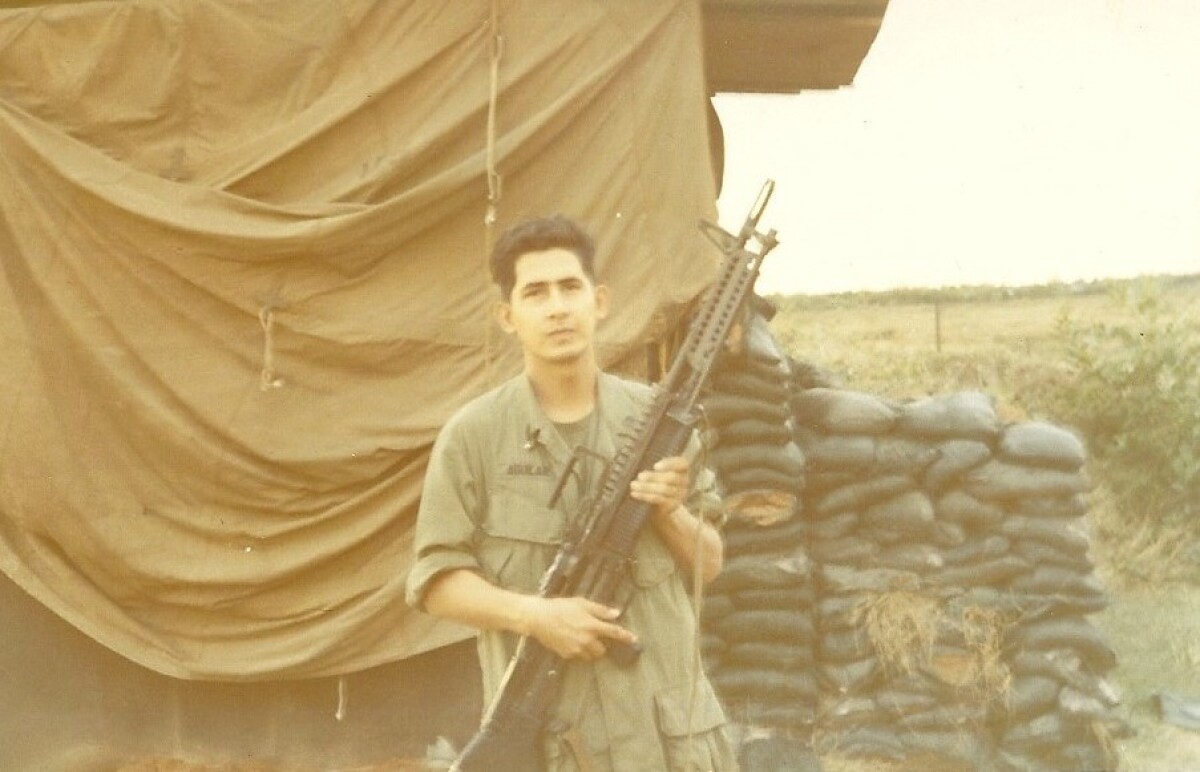
Honoring Vietnam Veterans - Dos - 2016
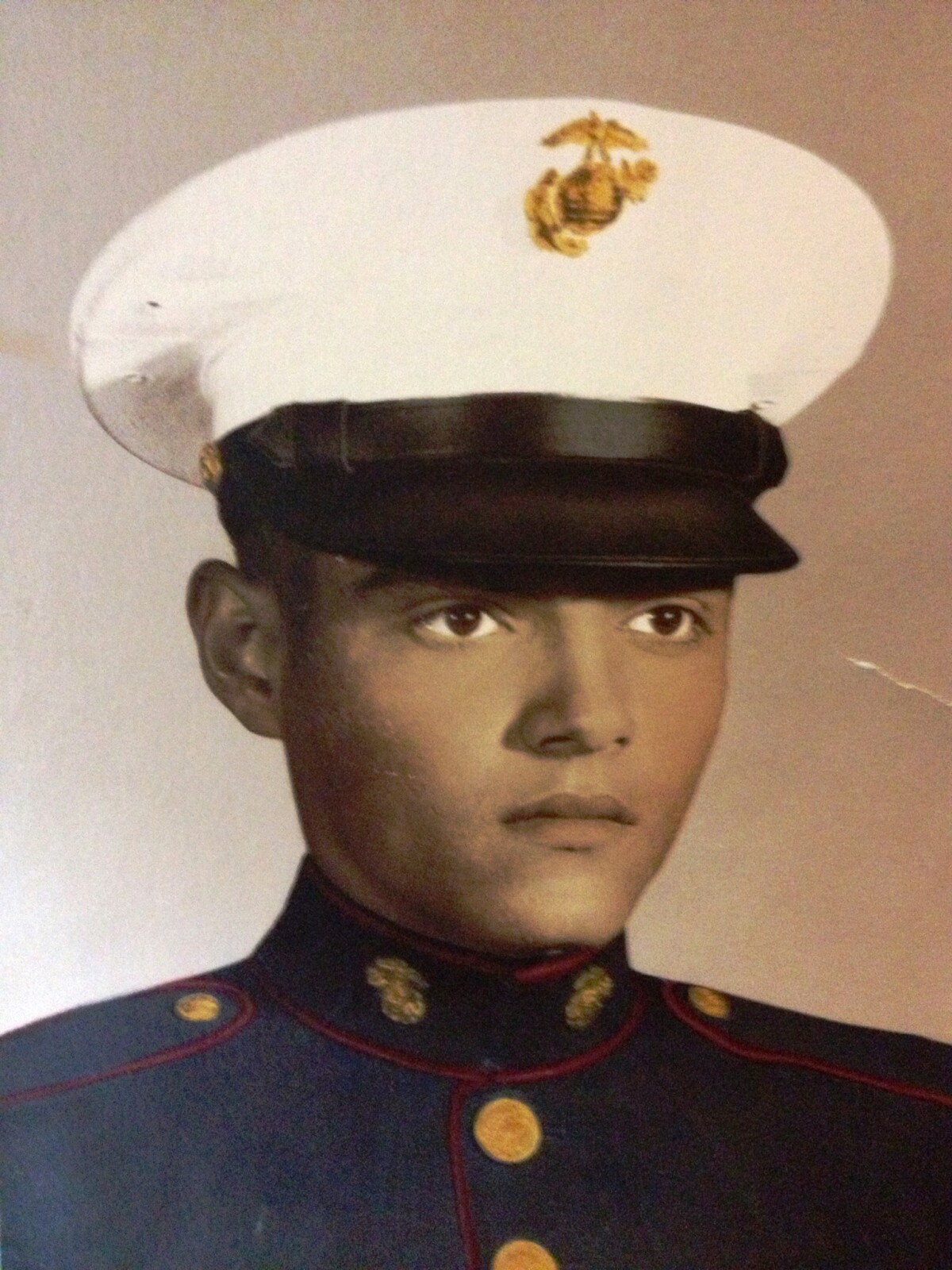
Honoring Vietnam Veterans - Dos - 2016
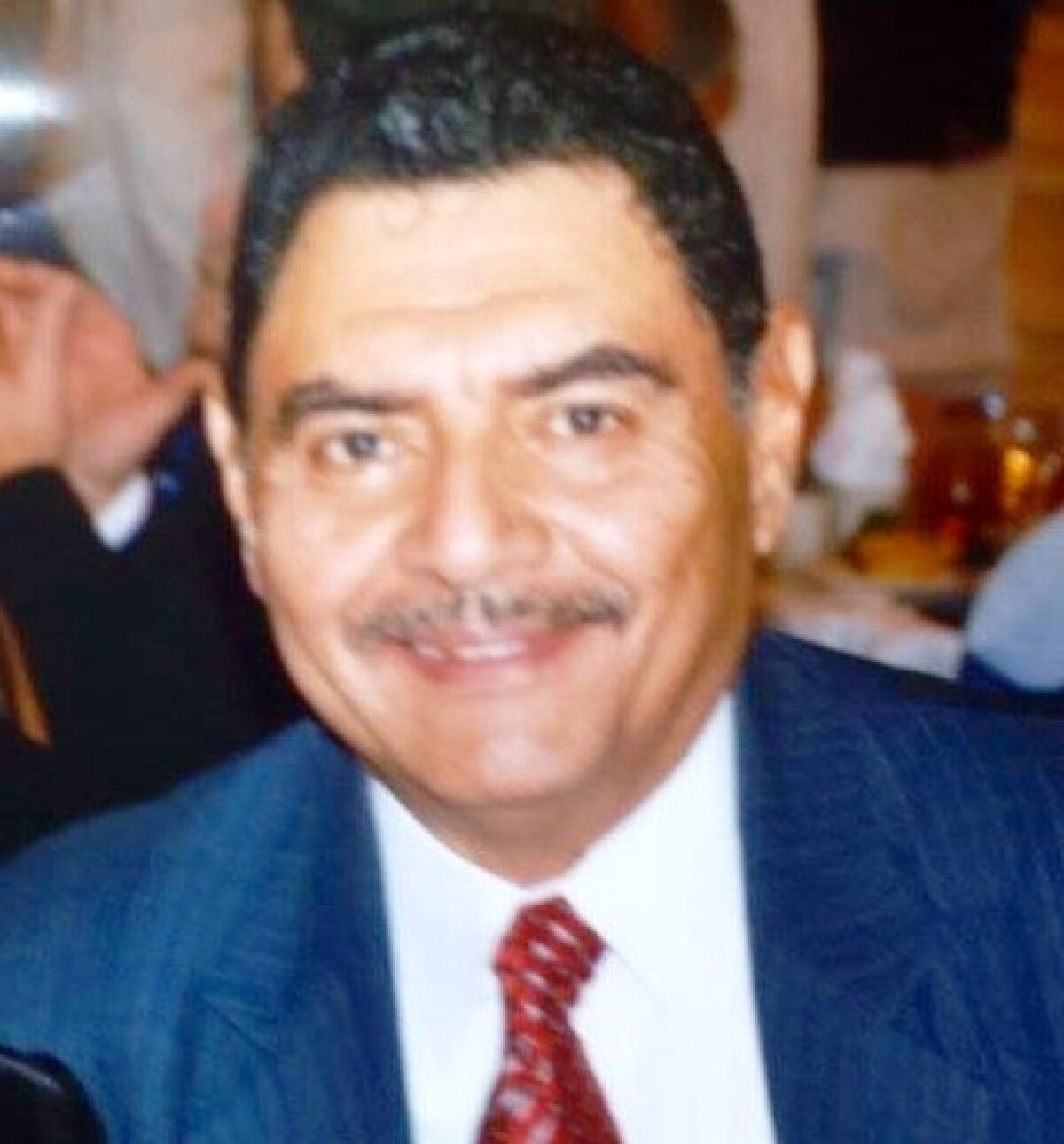
Honoring Vietnam Veterans - Dos - 2016
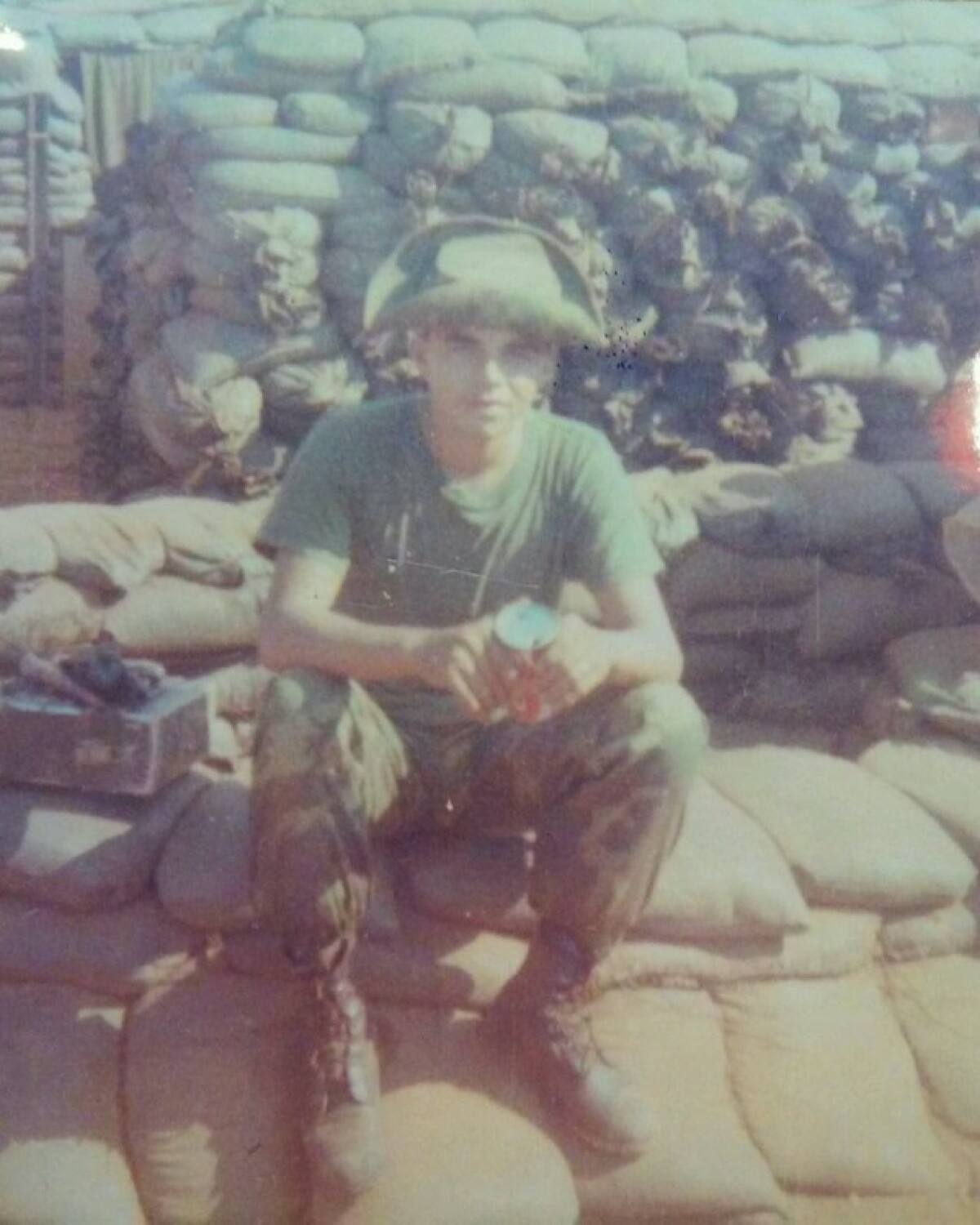
Honoring Vietnam Veterans - Dos - 2016
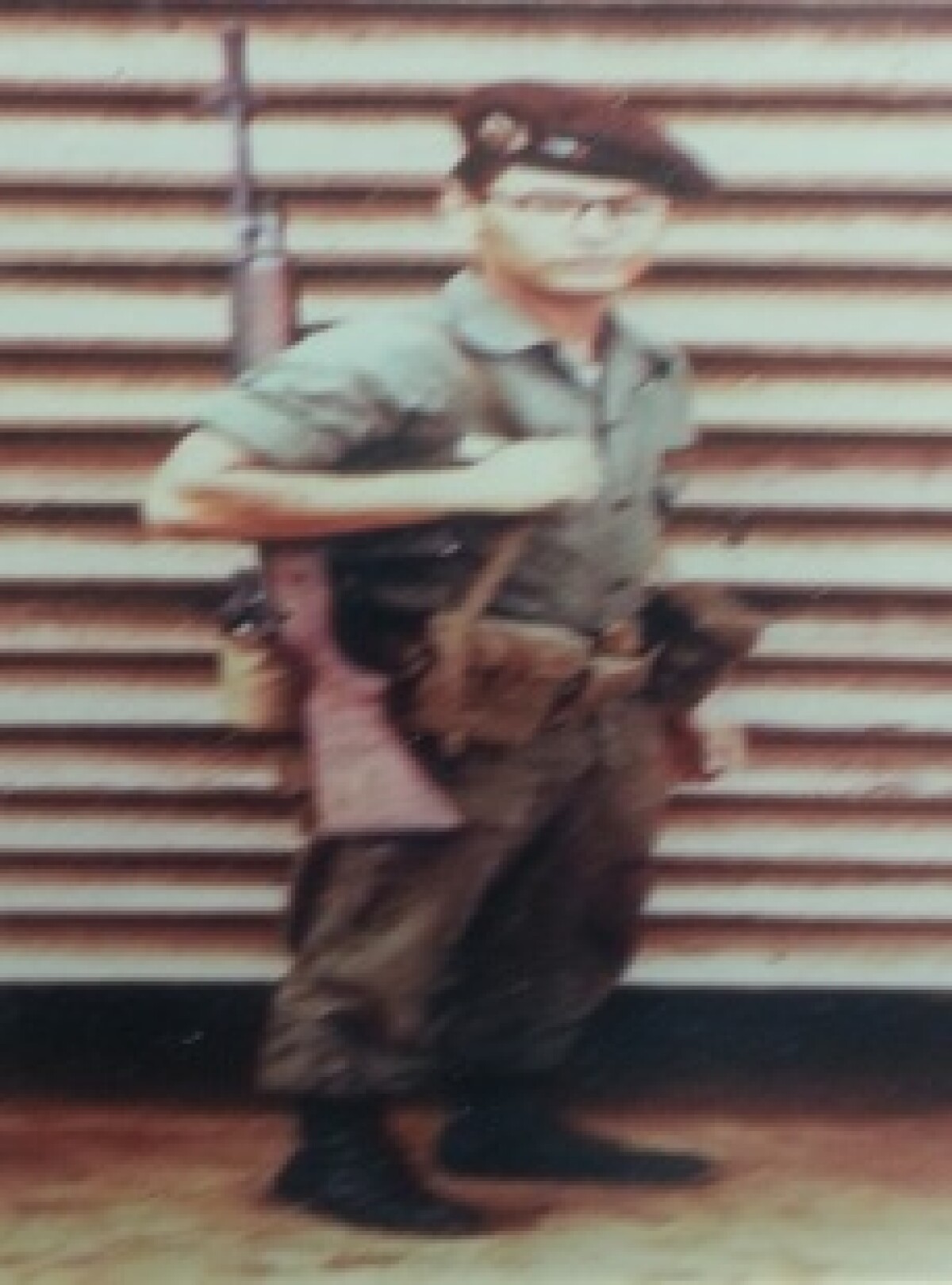
Honoring Vietnam Veterans - Dos - 2016
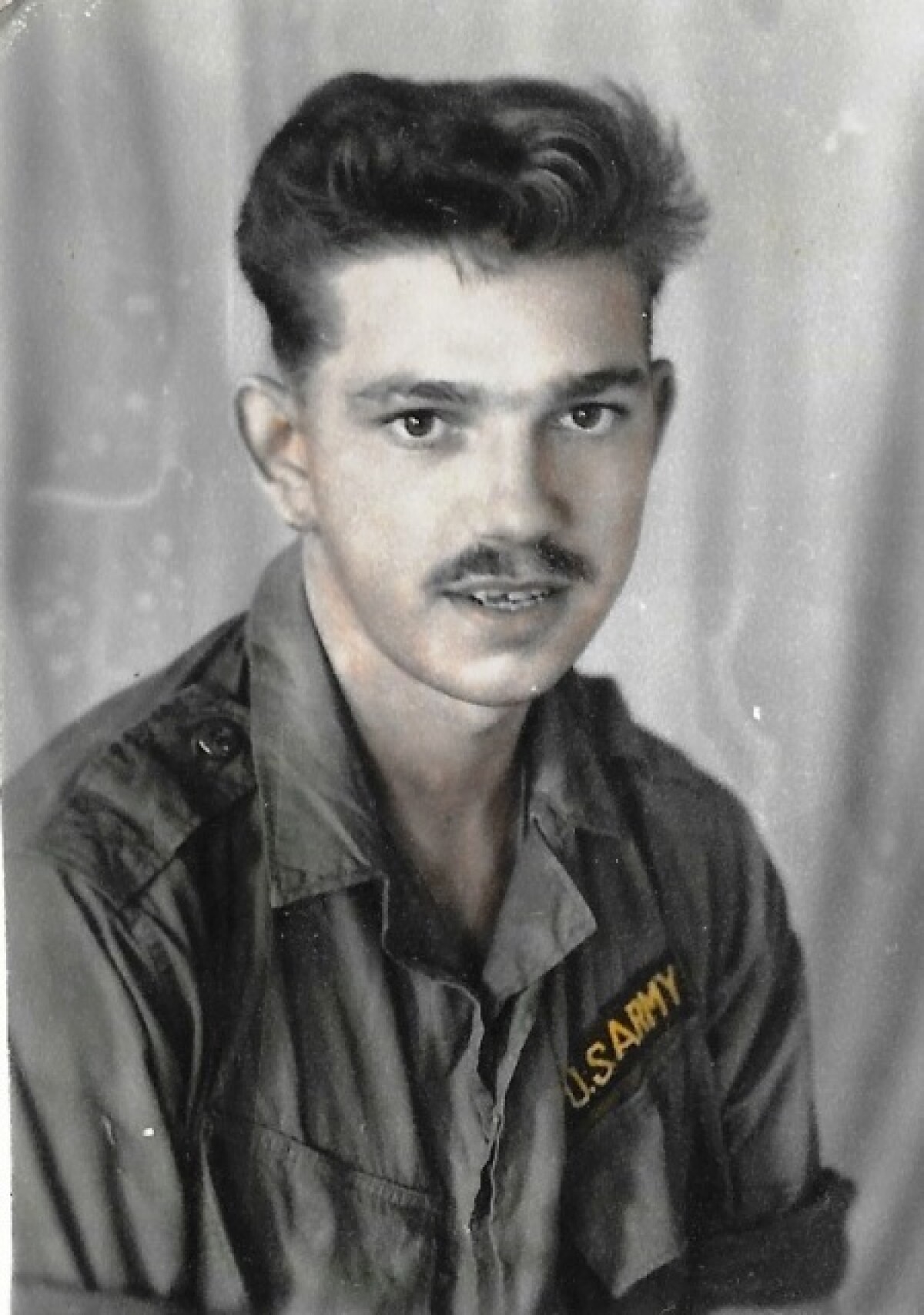
Honoring Vietnam Veterans - Dos - 2016
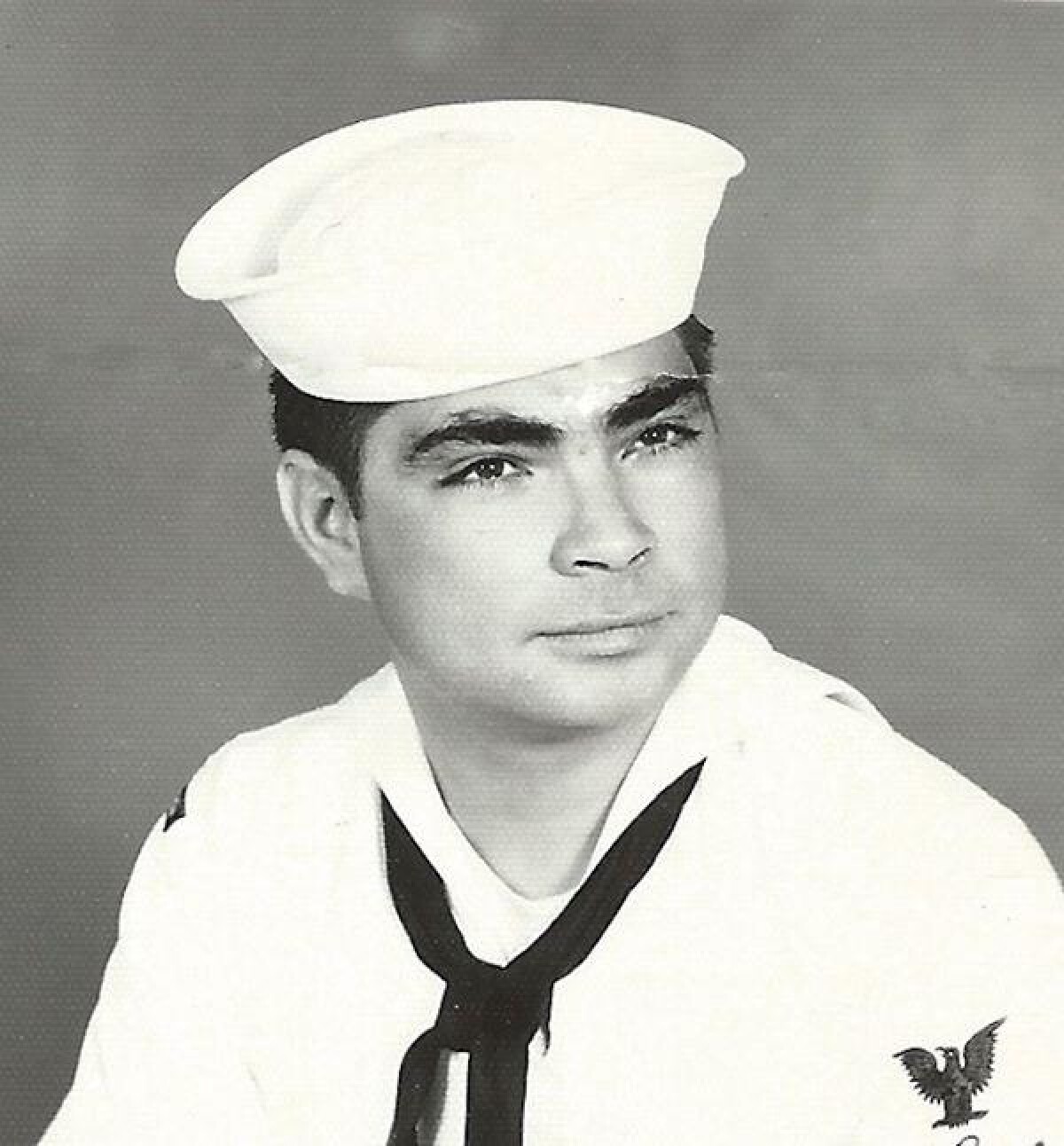
Honoring Vietnam Veterans - Dos - 2016
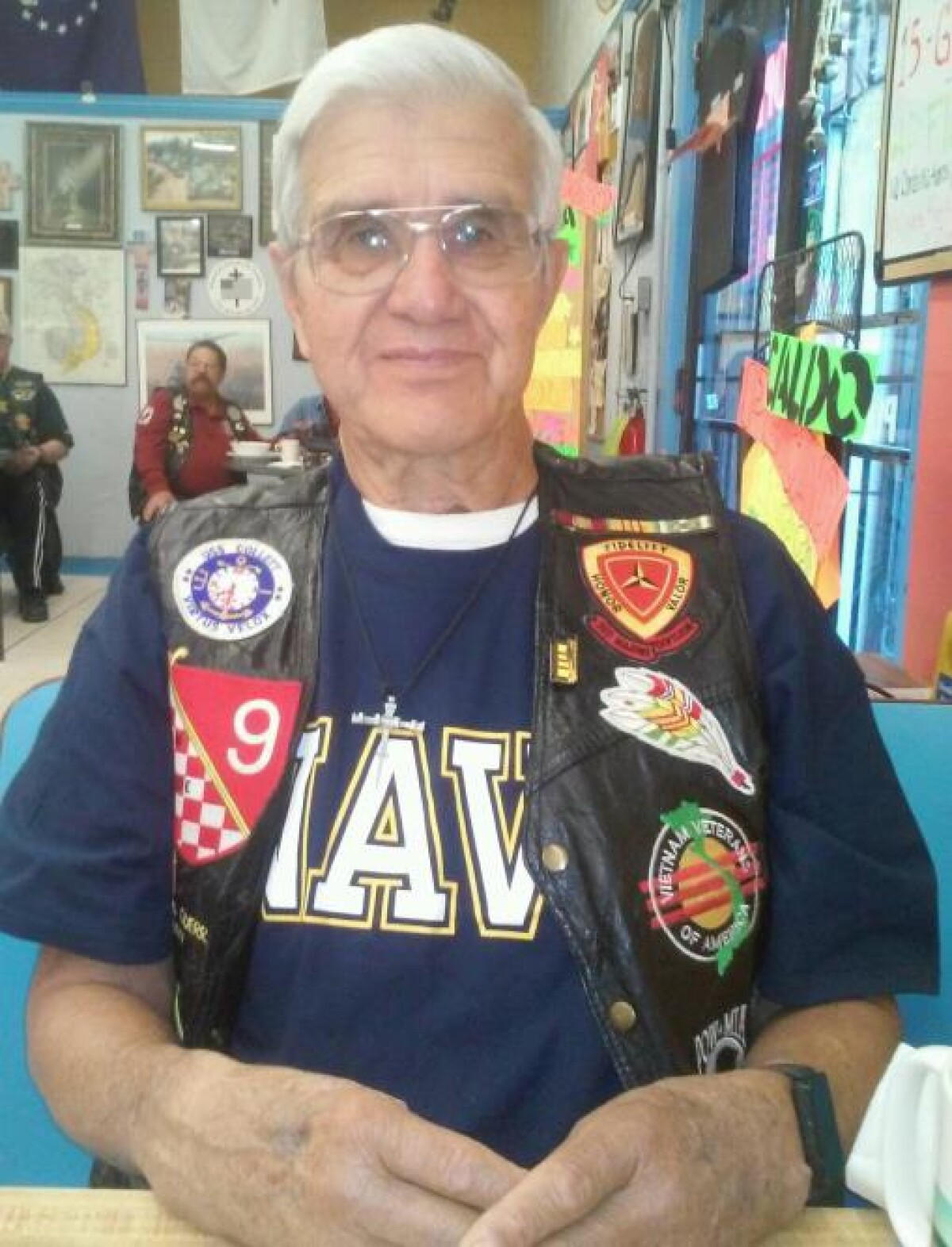
Honoring Vietnam Veterans - Dos - 2016
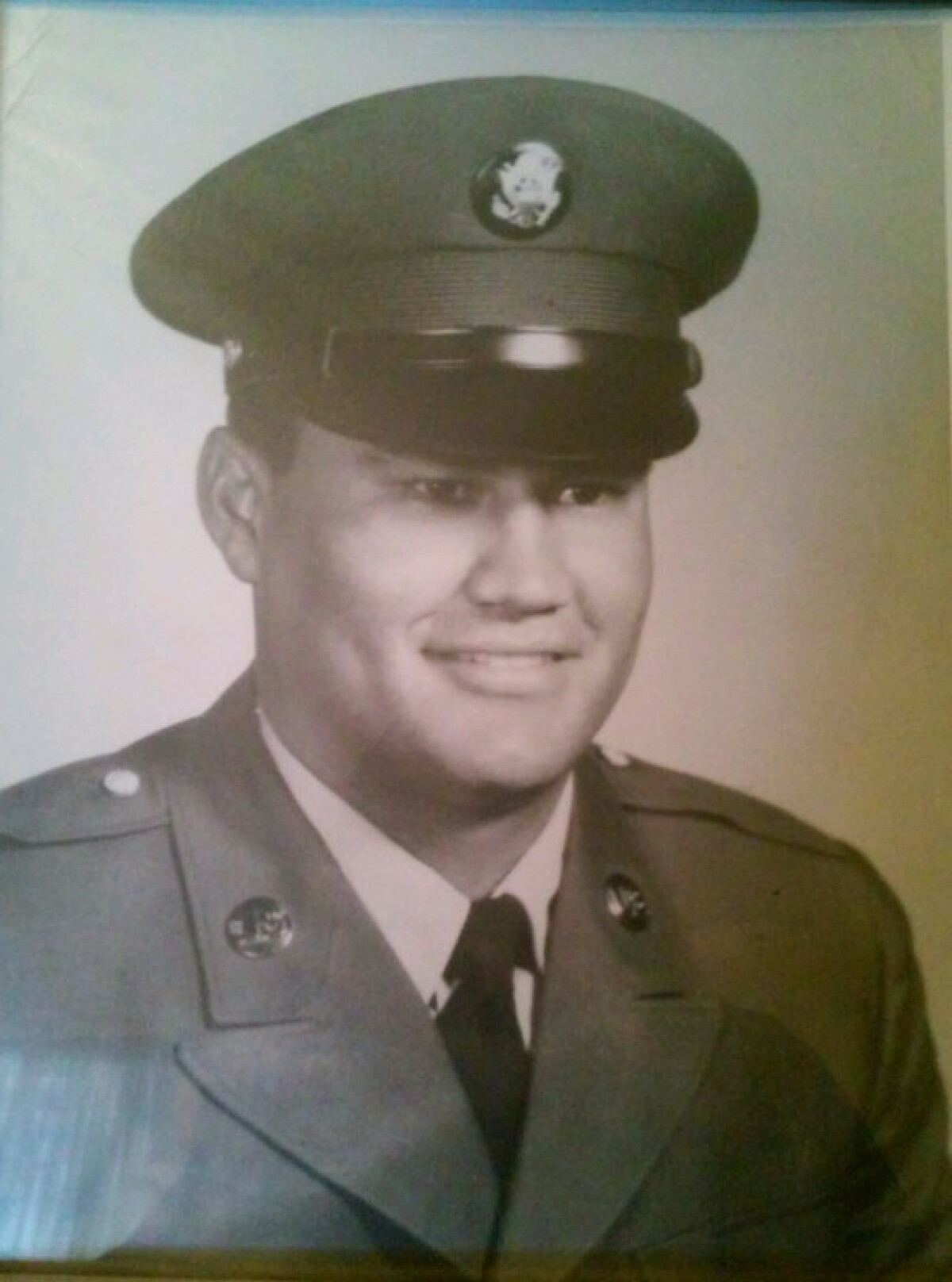
Honoring Vietnam Veterans - Dos - 2016
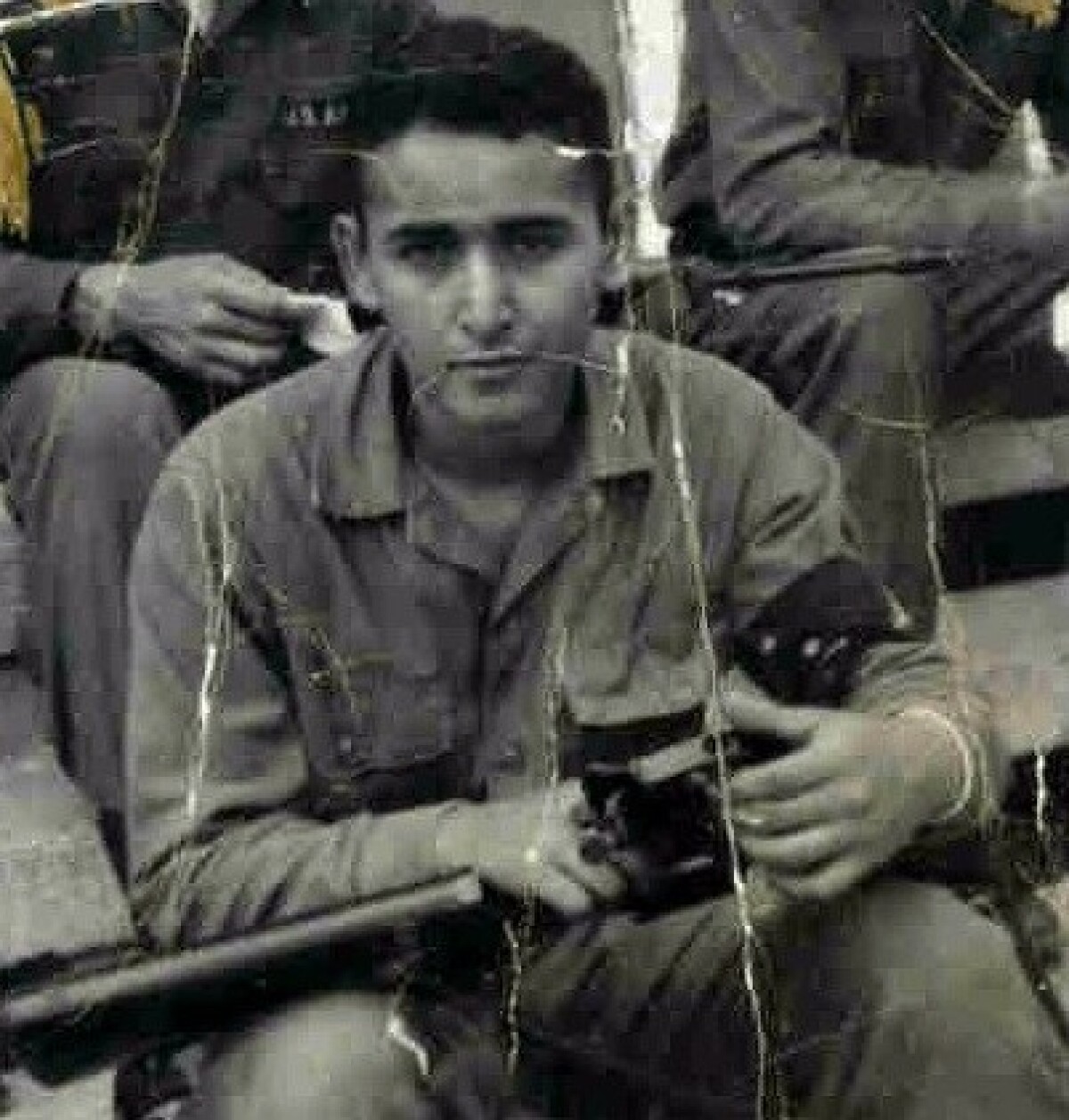
Honoring Vietnam Veterans - Dos - 2016
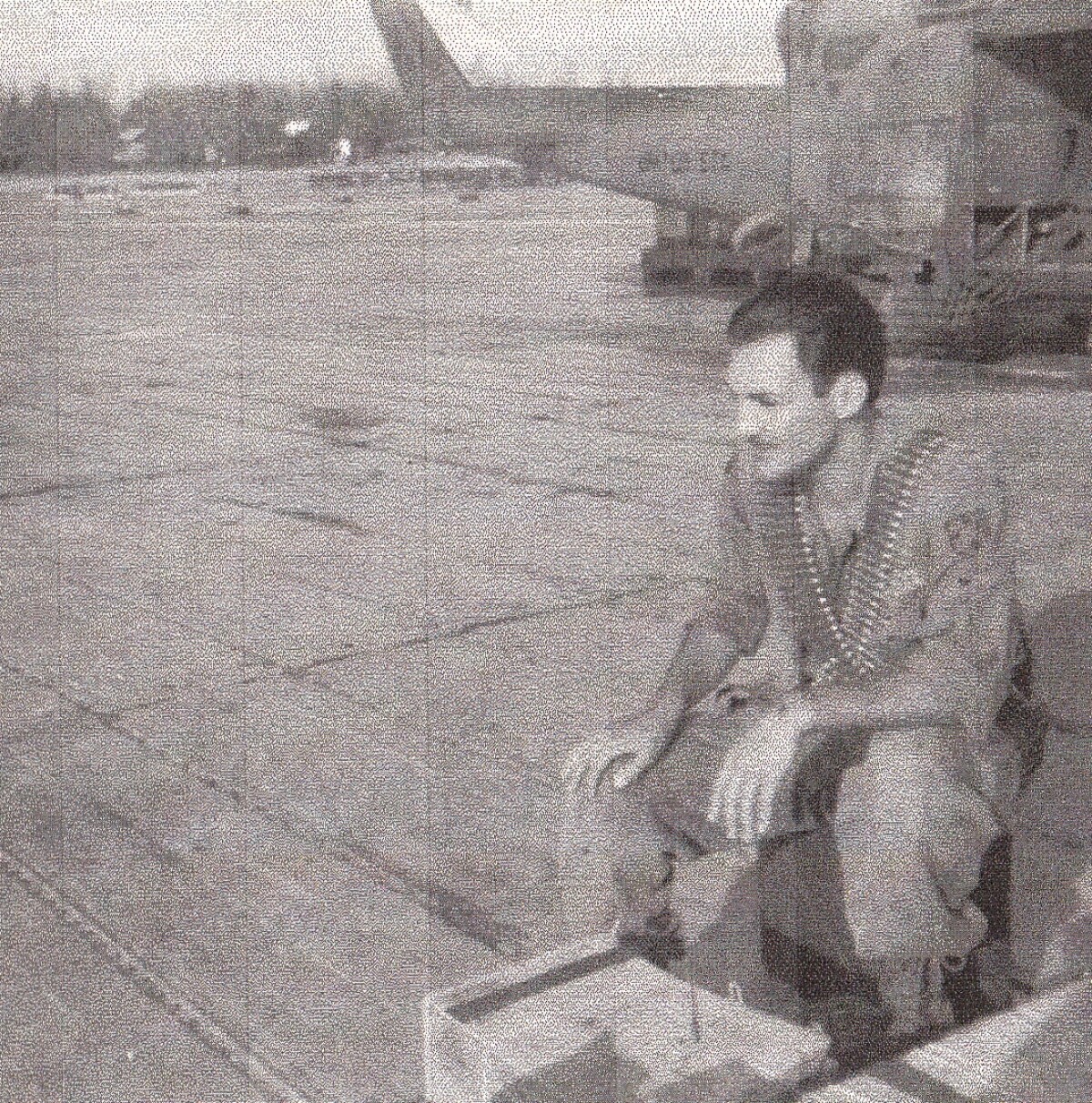
Honoring Vietnam Veterans - Dos - 2016
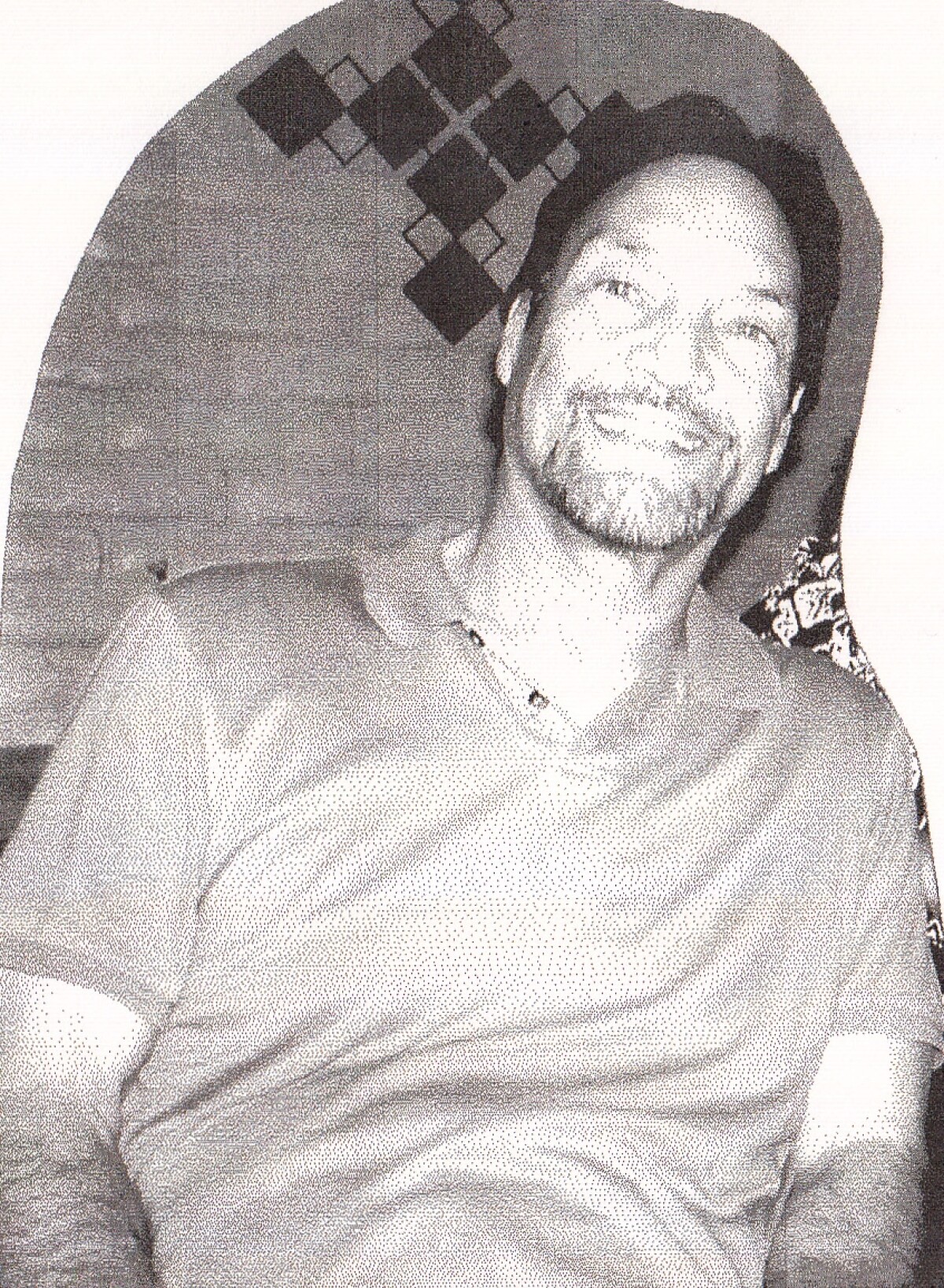
Honoring Vietnam Veterans - Dos - 2016
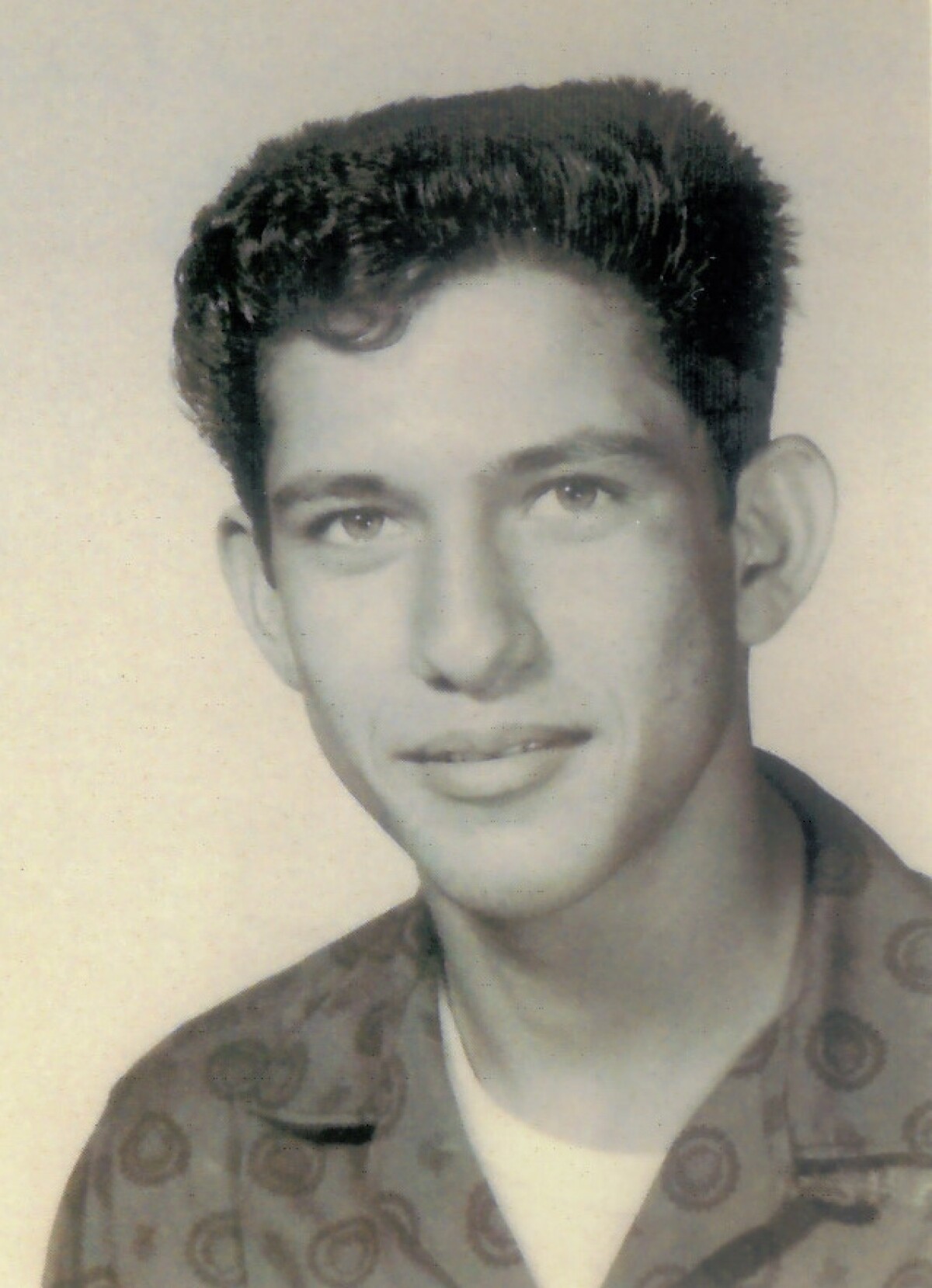
Charles Leo Sullivan - Vietnam Veteran - 2012
"Charles was born in Purvis Lamar, Mississippi. Charles graduated from high school and soon after enlisted in 1965 in Ft. Rucker, Alabama at the age of 20 years old. After serving basic training, he attended aviation school and became a pilot. He served in Germany for a time and then was deployed to Vietnam. In Vietnam he was a pilot; he flew Hughes and fixed wing aircraft. He would pick up wounded soldiers and medevac these soldiers out of Vietnam. Charles would fly them to safe areas to get treatment or to hospitals. He loved flying and more so loved his job in Vietnam. Charles was a true warrior, very patriotic and a very charismatic man. He was most kind and charitable. He also had a wonderful sense of humor. His laughter and his jokes were impressionable. He was also very witty when it came to discussing politics. He always had an answer or comment for all political issues. He was very passionate about his political views. He would say he was not going to heaven because he hated Obama and the Clintons. He loved serving his country and being in the military. He was a very smart and intelligent person. He knew how to cook, sew, mechanics, and fly airplanes. He had been a self - employed contractor at one time. He did not like to dance and did not care to learn but was most supportive of his wife's professional Spanish dancing. He served three tours in Vietnam before coming home. He arrived at Fort Bliss around 1980, and was a helicopter instructor at Fort Bliss. Charles met his soon to be wife, Consueto, nine years later in El Paso, Texas. Charles and Consuelo married in the Fort Bliss Chapel. Charles retired from the Military in Fort Bliss, Texas, loved his retirement and traveled all over the United States supporting his wife, Consuelo's dancing engagements. Charles suffered from the effects of Agent Orange and as a result suffered an extremely painful death in 2013. His death was attributed to the effects of Agent Orange. Despite not wanting to talk about his experiences in Vietnam, he was always happy to come home. Charles proudly served 24 years, and he would do it again; he said he would still fight for our country. Charles earned many awards that included the Army Aviator Badge, Vietnam Service Medal, National Defense Service Medal, RVN Campaign Medal, ATR Medal, 17 QWD Army Commendation Medal, Good Conduct Medal, and the Bronze Star Medal. After retiring from the Army, Charles resided in El Paso, Texas with his wife, Consuelo, before succumbing to the effects of Agent Orange in 2013. Charles is survived by his wife Consuelo Sullivan, Chaplain of the Military Officers Association of American who still resides in El Paso, Texas. He is also survived by his stepdaughter, Priscilla Wiekel, residing in Germany, his step-son Casey Neil Vanderpool, from Fayetteville, Arkansas, his stepdaughter, Cynthia Vanderpool Garcia from Silver Spring, Maryland, and his son David Sullivan who lives in Texas. Veteran Charles Sullivan's story as told by his wife, Consuelo Garcia Sullivan to Sally Fierro, faculty University of Phoenix."
Area: Far Eastside / Sun Ridge
Source: Connie Sullivan
Uploaded by: El Paso Museum of History
Secret War Dogs In Vietnam - 1960 - 1969
Photograph - was presented by Chuck Steward who was a member of the tracking unit and part of the 1st Infantry Division. He retired as a Sergeant Major and now lives in El Paso, Texas. In 1966, the U.S. Army trained sniffer dogs and their human companions to track down guerrillas in Vietnam. The military kept these Combat Tracker Teams secret to hide them from the enemy—and shield reluctant allies from a potential international incident. The impetus for the canine teams came from frustrated American commanders. The Viet Cong were masters of terrain, camouflage and tunneling—and dictated when and where a fight happened. More importantly, the enemy fighters could decide how long a battle lasted. “The U.S. command in Saigon [wants] to solve the problem of re-establishing and maintaining contact with enemy forces after they have broken contact with U.S. units,” stated a report by the Army’s private Combat Operations Research Group. https://warisboring.com/the-u-s-army-had-secret-war-dogs-in-vietnam-67a98311a734#.86g7q7azn
Area: Out of Area / Out of Area
Source: Chuck Steward
Uploaded by: El Paso Museum of History
Enlisted in November 1967
Eduardo Aguilar - Basic Training El Paso Fort Bliss.
Area: Northeast / Ft. Bliss
Source: Eduardo Aguilar
Uploaded by: Eduardo Aguilar
Vietnam 1969
Eduardo Aguilar - first month in Vietnam.
Area: Out of Area / Out of Area
Source: Eduardo Aguilar
Uploaded by: Eduardo Aguilar
Vietnam 1970
Eduardo Aguilar - Quang Tri Providence northern post.
Area: Out of Area / Out of Area
Source: Eduardo Aguilar
Uploaded by: Eduardo Aguilar
Ismael Enriquez - Vietnam 1967
Ismael Enriquez Vietnam Veteran Story. Ismael Enriquez, Sgt. Marine Corps. In 1967, Ismael Enriquez, enlisted in the United States Marine Corps (USMC), at the young age of 17. Having just graduated from high school, Enriquez was looking to fulfill a childhood dream of becoming a member of the USMC. Requiring parental permission, he moved to California and successfully enlisted in the Marine Corps without his parent’s signature. He remembers his first experience when a friend dropped him off at the Physical Test Center. Never regretting his choice to enlist, Enriquez was quickly promoted to Sargent. Enriquez began his military service in Quang Tri Province, Vietnam, as a member of the Artillery Unit; he was also a member of the Motor pool, and a truck driver. He was assigned to transport Artillery. Before joining the Artillery unit, Enriquez was responsible for sand bags, sand pits, helping the wounded and occasional “beer runs”. As part of the Artillery Unit, Enriquez was in charge of the Vietnam Prison area in Quang Tri Province. He secured and protected the Landing Zone (LZ), where Naval helicopters delivered artillery; he also served on Fire Missions. The LZ is where he experienced the most action during his enlistment. One of the most significant experiences occurred in 1968, Quang Tri Landing Zone According to Enriquez, The North Vietnamese soldiers could be seen coming over the hill. “This is where it actually hit me; this is where realization set in, we were all frightened.” After leaving the Landing Zone, he was assigned to become part of the coastal patrol along the Philippines, Taiwan, and Okinawa. Arriving home along with other soldiers at the Los Angeles Airport, Enriquez was welcomed with protestors Who spit and hurled water at them. Enriquez stated that he noted “a lot of anger towards them”. His thought was, “That’s how Uncle Sam receives us?” He continues, “the majority of the servicemen coming back from Vietnam were welcomed like this. It is way too late to actually thank them, as many are not here with us. That’s the thanks they gave us because we did what we were told.” The “coming home” experience turned Enriquez against the military for a short time, the airport experience made him angry, especially because he really wanted to make the military a career. The effects of the war caused issues that no one person should experience Enriquez states. It took Enriquez many months to overcome his struggles; it made him realize that moving on was dependent on each individual. He was very grateful he was no longer going to Viet Nam and that he served his time. Enriquez expresses that he never regrets his decision to serve his country and the Marines and would do it all over again. “Serving in the military is a good place to learn discipline”, this is what I would say to youngsters. I do believe that “every individual should be able to serve in the military; they should take advantage of the opportunity.” Enriquez’ perspective on the war is that everyone should appreciate the soldiers and what they do, “do not question them”. Soldiers should perform their duties without questions also. “Many times you wish you could dig a hole and live in it, but you can’t, you must move on. I speak for the Marines; this is my opinion.” Enriquez successfully served his country and the Marines from 1966 to 1971, to be exact, “four years, eight months, fifteen days; twenty two of those months in Vietnam.” Veteran Sgt. Ismael Enriquez lives in El Paso Texas and attended El Paso High School, EPCC, and Park University.
Area: Out of Area / Out of Area
Source: Welcome Home Vietnam Veterans
Uploaded by: Vietnam Veterans
Ismael Enriquez Vietnam Veteran
Ismael Enriquez Vietnam Veteran Ismael Enriquez, Sgt. Marine Corps. In 1967, Ismael Enriquez, enlisted in the United States Marine Corps (USMC), at the young age of 17. Having just graduated from high school, Enriquez was looking to fulfill a childhood dream of becoming a member of the USMC. Requiring parental permission, he moved to California and successfully enlisted in the Marine Corps without his parent’s signature. He remembers his first experience when a friend dropped him off at the Physical Test Center. Never regretting his choice to enlist, Enriquez was quickly promoted to Sargent. Enriquez began his military service in Quang Tri Province, Vietnam, as a member of the Artillery Unit; he was also a member of the Motor pool, and a truck driver. He was assigned to transport Artillery. Before joining the Artillery unit, Enriquez was responsible for sand bags, sand pits, helping the wounded and occasional “beer runs”. As part of the Artillery Unit, Enriquez was in charge of the Vietnam Prison area in Quang Tri Province. He secured and protected the Landing Zone (LZ), where Naval helicopters delivered artillery; he also served on Fire Missions. The LZ is where he experienced the most action during his enlistment. One of the most significant experiences occurred in 1968, Quang Tri Landing Zone According to Enriquez, The North Vietnamese soldiers could be seen coming over the hill. “This is where it actually hit me; this is where realization set in, we were all frightened.” After leaving the Landing Zone, he was assigned to become part of the coastal patrol along the Philippines, Taiwan, and Okinawa. Arriving home along with other soldiers at the Los Angeles Airport, Enriquez was welcomed with protestors Who spit and hurled water at them. Enriquez stated that he noted “a lot of anger towards them”. His thought was, “That’s how Uncle Sam receives us?” He continues, “the majority of the servicemen coming back from Vietnam were welcomed like this. It is way too late to actually thank them, as many are not here with us. That’s the thanks they gave us because we did what we were told.” The “coming home” experience turned Enriquez against the military for a short time, the airport experience made him angry, especially because he really wanted to make the military a career. The effects of the war caused issues that no one person should experience Enriquez states. It took Enriquez many months to overcome his struggles; it made him realize that moving on was dependent on each individual. He was very grateful he was no longer going to Viet Nam and that he served his time. Enriquez expresses that he never regrets his decision to serve his country and the Marines and would do it all over again. “Serving in the military is a good place to learn discipline”, this is what I would say to youngsters. I do believe that “every individual should be able to serve in the military; they should take advantage of the opportunity.” Enriquez’ perspective on the war is that everyone should appreciate the soldiers and what they do, “do not question them”. Soldiers should perform their duties without questions also. “Many times you wish you could dig a hole and live in it, but you can’t, you must move on. I speak for the Marines; this is my opinion.” Enriquez successfully served his country and the Marines from 1966 to 1971, to be exact, “four years, eight months, fifteen days; twenty two of those months in Vietnam.” Veteran Sgt. Ismael Enriquez lives in El Paso Texas and attended El Paso High School, EPCC, and Park University.
Area: Central / El Paso High
Source: Welcome Home El Paso Vietnam Veterans
Uploaded by: Vietnam Veterans
Cpl. Victor A. Flores - Vietnam - 1969
"I graduated from Bel Air High School and was 19 years old, when I received the military draft letter, a letter I was expecting, to serve my country in the US Marines on May 29, 1969. My mother was very much concerned and my father as well, because, as a WWII veteran, he knew a war was no place to be. I deployed in December 1969 to the Marines main base in Chu Lai, Vietnam for 13 months. I was an Infantry Riffle Man and part of the squadron that took over the Americal Division right after the so called “Mi Lai” incident. I have many recollections of my time in Vietnam. I remember patrolling for three dud bombs, out of 12 rounds of 500 pound bombs we were to send out. We found two, but the third was booby-trapped and detonated about 70 yards from us wounding three soldiers and killing two others, one being Captain Saxton. I also recall the time we raided a village habited by Viet Cong. When we swept the village, there were several dead, several wounded, and this 3-4 year old girl in shock. I picked her up to take her to an older woman and she grabbed me and began me holding on to my neck really hard. I could feel her shaking but she seemed unable to make any noise. I had a hard time putting her down as she would not let go of my neck. My homecoming was unpleasant and unexpected, although unlike other vets, I did not encounter any demonstrators as I came back and landed in California. I was in full dress uniform, and while I was at the directory, a woman maybe late 70s, early 80s approached me. She asked, “Have I been to Vietnam?” I said, “I just touched American soil, it has been13 months, yes I did my share.” She stared at me for few seconds and said, “So you are another one of those baby killers that came back so proud,” her words left me speechless. A young Lieutenant, who was near come up me to asked, “What did the lady tell you?” and when I told him, he said, “From now on don't even mention that you went to Vietnam. People are very bitter about the war. When you get home take off that uniform and not mention you were in the service, or you will have problems”. I am currently receiving the help I need from the VA due to my combat experiences. However, I believe, PTSD and Agent Orange took over most of our lives up to now; if the government had recognized all the effects, most of us would have survived the illnesses related to them. Back then, we all knew we had to serve our country and most of us did it with pride and willingness. We felt our country call and we stepped up to the plate, but never in our wildest dreams did we believe, we would be treated with anger and discord for our service. I think because of what we experienced, Vietnam veterans are the most cohesive group of vets. For my service, I received the National Defense Ribbon, Vietnam Cross of Gallantry (Unit Citation), Presidential Unit Citation, Combat of Action, and Vietnam Citation Medals. Victor is retired from the El Paso County Tax Office after 43 years, is married, has two sons, one is deceased and was also a veteran also, two daughters-in-law, four beautiful grandchildren. By Victor Flores as told to Maribel Bobadilla-Heredia, Student, University of Phoenix".
Area: Out of Area / Out of Area
Source: Victor A. Flores
Uploaded by: El Paso Museum of History
Rodolfo "Rudy" Escajeda - 1965
After graduating from Bowie High School in 1964, I decided to voluntarily enter the Vietnam draft at the age of eighteen. I had made this important decision after seeing four of my cousins being drafted and sent to battle. Two of them were sent to Vietnam, the other was stationed at Okinawa, and the fourth to Germany. I did not want to be the only one left behind in El Paso, so I enlisted in the United States Army in 1965. As I left El Paso to Fort Polk, Louisiana, for two months of basic Army training, it felt strange. I had never traveled out of El Paso my entire young life. After finishing my basic training, I was sent to Aberdeen Proving Ground in Maryland, for approximately another two more months. At Aberdeen, I had more advanced training that would be useful for me in Vietnam. Roughly four months after enlisting, I was deployed to Long Binh, Vietnam, which is about 30 miles north from Ho Chi Ming City Known as Saigon. There I was given the responsibility of supply specialist. As a supply specialist, I had the duty of receiving and passing out the supplies to almost all U.S. Armed Forces. Such as, the Army, the Marines, and Air Force, even sometimes we would supply the Vietnamese with parts. The fourteen months and four days I was deployed at Long Binh, I saw and experienced many things. I clearly remember going into the village on a weekend to get something to eat with some guys; in the restaurant, we noticed it was filled with smoke and we did not like how it looked. So we made the decision to leave that place; as soon as we left that restaurant it blew up. We did not know what caused it, or who did it, but we were just grateful we left just in time. I also remember the day the ammo dump blew up. As a supply specialist on of my responsibilities was guarding it, and I am fortunate and thankful, I was not on guard duty during the explosion. Coming back home I felt relieved because all of that was now behind me. I considered myself as being one of the lucky ones and felt that God had a plan for me after surviving many of those small events. Even now that I am 70 years old, I still believe God has a plan for me because I am alive, have my family, and still working. Rodolfo retired from The United States Army, as an E-4; he has two sons and one daughter from his first marriage, and two daughters from his current marriage. He has grandchildren. He has been married for 40 years. By Rodolfo “Rudy” Escajeda as told to Daniel Villanueva, Student, University of Phoenix.
Area: Out of Area / Out of Area
Source: Rodolfo "Rudy" Escajeda
Uploaded by: El Paso Museum of History
Robert Lewis Hall - Vietnam - 1966
SP4 Hall, Robert Lewis Robert (Bob-o) Lewis Hall was born and raised in Illinois, and enlisted in the U.S. Army in 1966 at the age of 19. He deployed to Vietnam this same year, serving a total of two tours (1966 and 1968) as a Forward Observer (Artillery Observer) with the Headquarters Battery 6th Battalion 27th Field Artillery Regiment. Mr. Robert L. Hall’s active duty service ended in 1972. As an Artillery Observer Robert L. Hall was responsible for directing artillery fire and air support onto enemy positions. Due to his commendable reconnaissance skills he received the following awards and decorations: Vietnam Service Medal, Vietnam Campaign Medal (with 1960 device), National Defense Service Medal, Marksmanship Badge, M14 Sharp Shooter, and two Overseas Ribbons. Robert L. Hall never talked about his time in Vietnam but was a very proud Veteran. Despite suffering from PTSD and hearing loss due to his Vietnam service time, he lived a fulfilling life up to his passing in February 15, 2015 in Joliet, Illinois. He was surrounded by his loving family which includes his eldest son Jerry Michael Hall (U.S. Army Staff Sergeant Retired) who served his last four active service years at Fort Bliss Texas with the B Co 127th Aviation Battalion. Robert L. Hall visited El Paso, TX in 2013 and enjoyed the change of scenery and serenity of the city. He enjoyed woodworking and was an enthusiastic NASCAR fan, especially of driver, Jeff Gordon. Robert L. Hall is survived by his two sons: Jerry M. Hall of Santa Teresa, NM and David L. Hall of Cullman, AL; five grandchildren: Serena Marie Hall, Shane Michael Hall, Erin Hall, Spencer Mitchell Hall, Anthony Robert Hall; one brother, William Hall of Colorado Springs, CO; sisters, Patricia Keith of Pontiac, IL; Shirley Willis of Decatur, IL; Joanne Lapikas of Braidwood, IL, Kathy Hall of Braidwood, IL, Gerry Sikic (deceased 2015) of Braidwood, IL; Judy Olson of Minonk, IL; Phylis Hunt of Craig, CO; Karen Couch of Flanagan, IL. Preceding him in death were his parents William and Evalyne Hall, a son, Bobby Hall and daughter, Serena Hall. As told by Robert Lewis’ son, Jerry Michael Hall, to Maribel Bobadilla-Heredia, student at University of Phoenix.
Area: Out of Area / Out of Area
Source: Robert Lewis Hall
Uploaded by: El Paso Museum of History
Richard Reyes - Vietnam - 1964
Richard Reyes, ET2 In 1964, when I was 19 years old, I made the decision to enlist in the United States Navy. I was deployed to Vietnam multiple times; I served in the years 1968, 1969 and 1970. My responsibilities as an electronics technician were to take care of the radio and crypto equipment. I remember becoming a Shellback; you become a Shellback when you cross the equator and are initiated, or you will be a Polywog for the rest of your life. The process of becoming a Shellback was somewhat fun. The worst part was when we chose the guy with the biggest belly on the ship and put axle grease on him and you had to kiss his belly; he was King Neptune. I recall the long grind when I was in the ammunition ship; it was a 24-hour day – 8 hours of breakout, at least 8 hours of servicing the vehicles like the aircraft carriers and all the support ships, and 8 hours to eat, clean up, watch movies and play cards, go to sleep, and next morning get up and start the day again, ongoing, minimum 30 days at a time. The long nights consisted of me and my friends playing spades and trying to make the best of the time we were there. One time, my friends and I got kicked out of a hotel in Bangkok for skinny-dipping in the pool; the worst part was that I was the one that initiated this. It seemed like the thing to do at the time. One night when we were sailing in the USS SU ATF 75, Gilbert Rivera from Roswell was on the helm when the captain asked, “Gilbert what is it that you like about the Navy?” Gilbert replied “I like the Navy because they let me drive.” Everyone in the ship laughed, but not the captain; we did not see him for the rest of the night. The time that I was gone, I never told my mother where I was at or what I was doing; all she knew was that I was in a ship. When I came home, I had nothing. I was happy to be home. I am proud of my service; if I had the opportunity to go back, I would do it again without any doubt or hesitation. I have been retired for 5 years and during my days I like watching movies like Sand Pebbles and One Flew over the Cuckoo’s Nest. I prefer western movies. The thing that I enjoy the most is to watch my kids grow up and be able to be here for them. Richard received the Vietnam Service Medal and the Good Conduct Medal with Honorable Discharge in 1971. Richard attended Bel Air High school and is a current resident of El Paso, TX. Richard has been married for 45 years to Elsa Reyes and has 3 children, Ricardo, Naomi and Adriana. He is the oldest of 6 siblings, including his 4 sisters and 1 brother. He has 8 grandchildren, Ricardo, Brianna, Hannah, Nicholas, Samuel, Mathew, Victor and Idalyz. As told to Rosa Macias, Student, University of Phoenix
Area: Out of Area / Out of Area
Source: Richard Reyes
Uploaded by: El Paso Museum of History
Raymond Guerra - Vietnam - 1964
Raymond Guerra, E6 Petty Officer First Class During my free time in high school, I would go to the library to read books and research all military branches. From all the branches, The US Navy had the most ports throughout the US. On June 6, 1960, I enlisted in the US Navy right after graduating from Ysleta High School with my father's permission as I was still under age. My first deployment was on April 1, 1963, to January 1964 and served in Cam Ranh Bay, Vietnam. During my first deployment, I enrolled in the short duty Mobile Construction Battalion program. As a member of the Fleet Navy transfer Mobile Construction Battalion Unit, I remained in the reserve until February 1968, when I became active and deployed to Vietnam for the second time. My second deployment was on May 13, 1968, to April 23, 1969, sent to the Home Base in Da Nang, Vietnam. I was a member of the Navy Mobile Battalion 22nd Construction detachment attachment 35th to 3rd Marines for nine and half months. Being attach to the Marines, I traveled back and forth from Shau Valley, Vietnam, to Vinh Dai, Vietnam. Being incorporated to the Marines I was supposed to build bunkers and repair battle damage, but ended up considered part of the Marines unit. I was constantly moving, standing guard and running patrol doing what actually Marines job were. It was a very hard nine and half months, we moved place to place, was attacked, attacked back, never still, always on the move. I had trained with the Marines in the Jungle Warfare training in Camp Lejeune, North Carolina. Once we attached with Marines we live, eat, breath Marines. Coming back to the United States it felt like I had to sneak into my county, I flew in a military plane to a Military base, I was fortunate I was not subject to ridicule or all the shouting as other did. Coming back home to El Paso, I flew in a commercial aircraft I did worn uniform but no one cause any problems made fun , or said anything to me, I did not experience what other did coming back home from serving our country. I received the Vietnam Service with Marine Corps Combination patch; Navy CB Combat; Purple Heard; Armed Force Expedition; Navy Expedition; Navy Unit Combination and Armed Force Service Medal. I attended Texas Western College earned a degree in Civil Engineering. Retired from Texas DOT, taught at UTEP for three years and in Houston for seven years. In 2005, I finally sought the help I need from the VA, I have several illness related to Agent Orange and suffer from many mental problems due to the combat experiences. Back then asking for help was seen as a sign of weakness, like if we were looking for sympathy, that is why I did not seek help but now I am grateful I am getting all the help I need. I would like to tell the service man and women I know what you are going through, I been there, it will be a long life lasting experience, will never forget or get over it, learn to live with it, If they need help get it do not wait like I did. I am proud to have served my country and finally being recognized for it. I am glad I do not need to feel I am hiding in the shadows and ashamed. Content that the military these days are being welcomed home properly and not rejected like the Vietnam Veterans did. Raymond is married, has two sons, one daughter-in-law, two handsome grandsons and lives in Clint, Texas. By Raymond Guerra as told to Maribel Bobadilla-Heredia, Student, University of Phoenix.
Area: Mission Valley / Ysleta
Source: Raymond Guerra
Uploaded by: El Paso Museum of History
Rafael Robles - Vietnam - 1963
Rafael Robles, SP4 In December 1963, I was 21 years old when I received the military draft letter to serve my country in the US Army. I deployed in 1963 and served in Phu Bai Combat Base near Ho Chi Minh City, commonly known as Saigon. I remember arriving at Vietnam everything being Ok; we had no rifles or ammunitions. I thought this was crazy being at war with no ammunition. Once we got the ammunition, we were told not to shot unless we were shot at first. I Thank God I did not see any actions while I was on duty watching out while my combat brothers slept. I do recall the day I was shot at; I could felt the zoom of the bullet passing by my ear. I also recall being in the foxhole and realizing it was my birthday; I was like Happy Birthday to me. When I arrived back from Vietnam, nobody was waiting for me. It felt great, yeah Great! being back home and I Thank God. I received the Riffle Expert, Good Conduct, and Vietnam medals. I was fortunate to meet my lovely wife few years after and become a father soon after. I did not understand why we Vietnam Veterans were not welcome back home as all others war veterans' were. I always Thank God to be here with my family and had come back from Vietnam safe. To my surprise about ten years ago, a woman once came up to me, shakes my hand, and tells me Thank You for your service. Now, these days many people do thank me for my service as I proudly wear my Vietnam Veteran cap. Rafael " Toto" is married, has three sons, two daughters-in-law, six wonderful grandkids and lives in El Paso. By Rafael Robles as told to Maribel Heredia, Student, University of Phoenix.
Area: Out of Area / Out of Area
Source: Rafael Robles
Uploaded by: El Paso Museum of History
Rafael Hernando - Vietnam - 1967
SPC Rafael Hernando “Ask not what your country can do for you, as what you can do for your country.” Hearing those words from President John F. Kennedy during my middle school years stayed with me and motivated me to enlist in the U.S. Army at the age of 18. I deployed to Vietnam in 1967, as a SPC with Company A 5th Battalion 7th Calvary. I served in Central Highlands, Ankke during one of the bloodiest years; the number of casualties was the highest during this year. Young and naive as I was, patriotism took over and despite the negative attitudes I knew what my job was and what I had to do. I was the point man, I led my unit, scanning and looking for obstacles. I picked the best path going from point to point. The tunnel rat and the machine gunner walked behind me, and we all made sure the path taken was safe. My unit was involved in search and destroy missions; when needed, we would be picked up via helicopters and moved to units in need of help. My unit was involved in more conflicts than other units; we were in constant danger. My life changed on October of 1967; I stepped on a land mine. As a result, I lost a good portion of the right side of my body. I was in the hospital for three years and during this time it helped me debrief. I was around many wounded soldiers, we had time and helped each other; stress was high, it was therapy. PTSD was high, and I believe that civilians did not understand what was going on with Vietnam veterans. My family was the only positive factor welcoming me home. I could not understand why the public was looking for negativity; why could they not find anything positive. We were told not to wear our uniforms back home; I did, I was proud to wear my uniform. I could not forget and honor all the POW’s and MIA’s. Being accepted was a struggle; I remember we formed a brotherhood of Vietnam brothers, and this was most helpful in adjusting. I have often heard people say to me that the war changes you, you do not come back the same; I feel these feelings were different than the WWII veterans. I came back with a better attitude; I wanted to become active and serve in the public sector. I feel Vietnam veterans have made many changes. I served my country honorably and it changed my life; I now work on publicizing the Vietnam War and supporting the veterans. I reach out to the youth; I want them to understand the Vietnam War, change their perspective so that changes can affect the future. My goal is to promote positive images regarding the Vietnam War and the veterans. It has been my goal for 45 years. I received several medals and ribbons: Purple Heart, Bronze Star with oak leaf cluster; medals included Good Conduct, Air, Vietnam Wound, Vietnam Campaign, Vietnam Service, and Combat Infantryman’s Badge. I became an entrepreneur and attended EPCC and UTEP. I volunteer for the SISD, City of El Paso, Accessibility Committee, El Paso Housing Task Force, and American GI Forum. Rafael is married, has six children, 16 grandchildren, and three great-grandchildren. Retired and lives in El Paso, Texas. SPC Rafael Hernando Middle School in the SISD was named after Rafael. As told to Sally Fierro, Faculty, University of Phoenix.
Area: Out of Area / Out of Area
Source: Rafael Hernando
Uploaded by: El Paso Museum of History
Jose Antonio "Tony" Garcia - Vietnam - 1968
"My name is Jose Antonio "Tony" Garcia, and I am a native El Pasoan. I graduated from high school (Jefferson High) one week. Then, I found myself in the army the following week. I went from a relatively carefree world to a surreal one filled with a host of responsibilities and uncertainties. I accepted my new responsibilities with a sense of pride. I wanted to make a difference in this war. I was going to help win the war and bring everyone home safe and sound". I was in a rice paddy between two dirt banks trying to protect myself from enemy fire. Somehow I got shot. I was wounded in my spine and my rib-cage. I could not tell where the fire came from, because of everything that was going on. The medic tried to patch me up as best he could. A radioman called for an evacuation. It felt like an eternity before the helicopter got there, but they got there. My injuries left me paralyzed from the chest down and in a wheelchair for the rest of my life. I feel blessed that I cam back alive. I was not the same young man that left to war. I realized that in order to have a better live I needed an education. I enrolled at UTEP and earned a degree in education. I taught in El Paso ISD. I retired after 32 years of service. I feel very fortunate to come back alive because eleven of my classmates that graduated with from La Jeff in 1967 were killed in Vietnam. I feel very proud of having served my country. I want to tell my Vietnam brothers, "Welcome Home!"
Area: Out of Area / Out of Area
Source: Jose Antonio Garcia
Uploaded by: El Paso Museum of History
Jose Antonio "Tony" Garcia - Vietnam
"My name is Jose Antonio "Tony" Garcia, and I am a native El Pasoan. I graduated from high school (Jefferson High) one week. Then, I found myself in the army the following week. I went from a relatively carefree world to a surreal one filled with a host of responsibilities and uncertainties. I accepted my new responsibilities with a sense of pride. I wanted to make a difference in this war. I was going to help win the war and bring everyone home safe and sound". I was in a rice paddy between two dirt banks trying to protect myself from enemy fire. Somehow I got shot. I was wounded in my spine and my rib-cage. I could not tell where the fire came from, because of everything that was going on. The medic tried to patch me up as best he could. A radioman called for an evacuation. It felt like an eternity before the helicopter got there, but they got there. My injuries left me paralyzed from the chest down and in a wheelchair for the rest of my life. I feel blessed that I cam back alive. I was not the same young man that left to war. I realized that in order to have a better live I needed an education. I enrolled at UTEP and earned a degree in education. I taught in El Paso ISD. I retired after 32 years of service. I feel very fortunate to come back alive because eleven of my classmates that graduated with from La Jeff in 1967 were killed in Vietnam. I feel very proud of having served my country. I want to tell my Vietnam brothers, "Welcome Home!"
Area: Central / Clardy Fox
Source: Jose Antonio "Tony" Garcia
Uploaded by: El Paso Museum of History
Jesus Roberto Vasquez - 1964
On January 30th, 1968) while serving at the Khe Sanh Combat Base Vietnam Jesus exhibited the type of character and devotion to duty that I knew he had. After an enemy mortar or rocket round struck the Ammunition Supply Point (ASP) Jesus and the other EOD team members went into the ASP to try to extinguish the fire. As he entered the "grade three" (unserviceable ammunition) area he saw an 81mm mortar round with the high explosive main charge burning. Being an EOD technician he knew the dangers of burning explosives and the explosive effects of a high explosive (HE) 81mm mortar round. Even with this knowledge when he saw the mortar round he grabbed the burning round and attempted to remove the danger from the immediate area. As he was exiting the grade three area the mortar round detonated and fatally wounded Jesus. By his actions he prevented his fellow Marines from being injured and/or killed. It is possible that his actions also prevented the ASP from being lost. He gave his live to protect his fellow Marines. Jesus is a hero of the highest degree. Every citizen of the city of El Paso should be very proud of him and his service to his country. I do not think his hometown or the country can bestow an honor on Jesus that is greater than he deserves. In this period in our country's history we need all the heroes we can find for our young people to look up to. The city of El Paso has one Jesus Vasquez. Jesus is a true hero from El Paso's Mexican American community and the City of El Paso should honor him as such. If the city of El Paso were to name a main street, park and a large school for Jesus it would be in keeping with the honor his actions brought on the city."
Area: Central / Clardy Fox
Source: Vasquez Family
Uploaded by: El Paso Museum of History
Report this entry
More from the same community-collection
Wall painting at the Ascarate Park
Ascarate Park is the largest public-use recreational park in El ...
Wall painting at the Ascarate Park
Ascarate Park is the largest public-use recreational park in El ...
Fountains in the lake at Ascarate Park
Ascarate Park is the largest public-use recreational park in El ...
A goose swims in the lake at Ascarate Park
A goose enjoy to swim in the lake at the Ascarate Park. Ascarate ...
Place for recreation on the waterfront at the Ascarate Park
Grill area is directly on the waterfront at the Ascarate Park. ...
Ascarate Golf Course - El Paso, Texas
The 18-hole Ascarate Golf Course at the Municipal Golf Course ...
Rodeo - Two Men and a little boy
Two cowboys shaking hands - while one of them holds a rope in ...
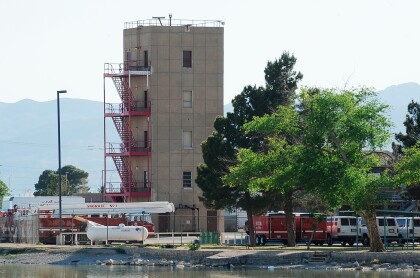
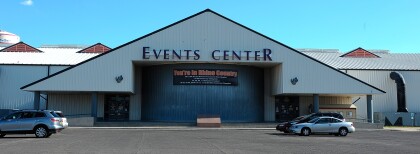
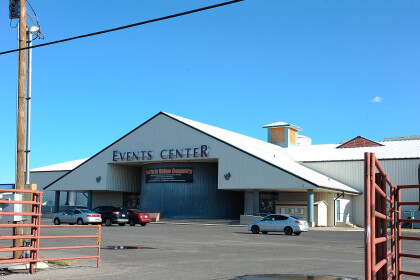
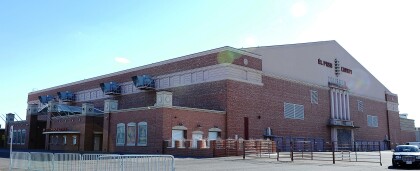
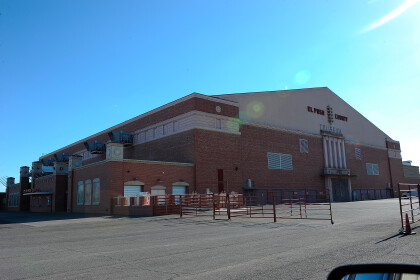
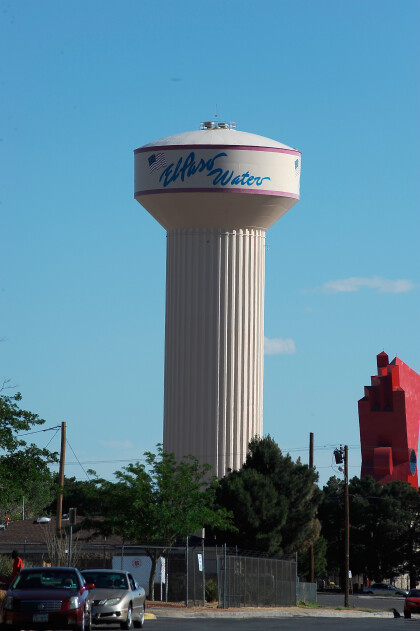
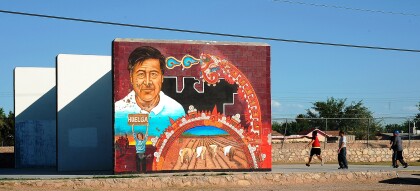
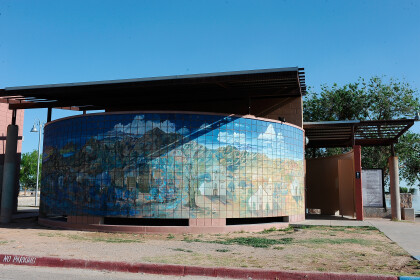
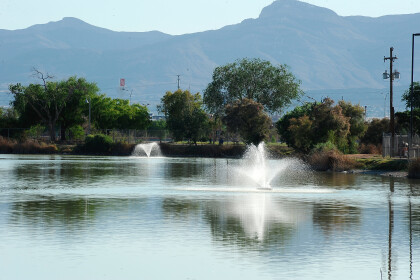
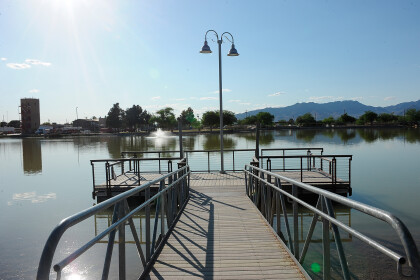

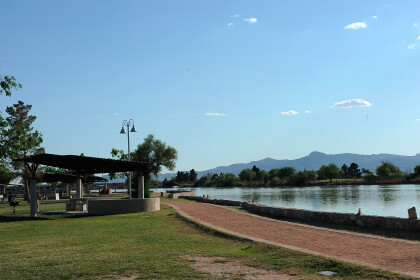
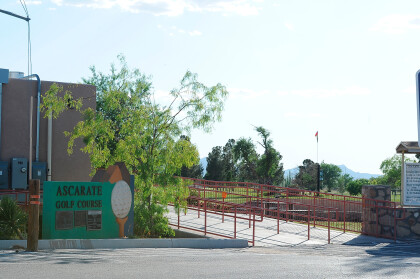
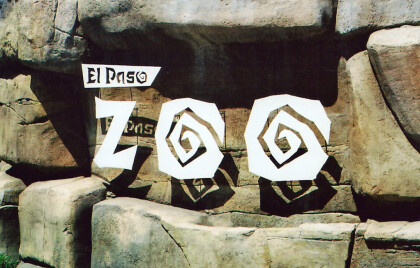
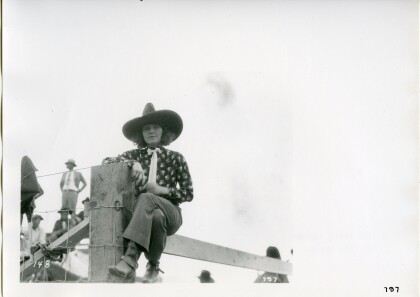
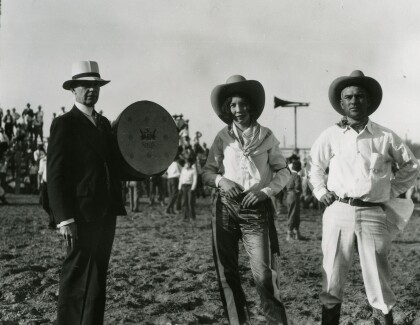
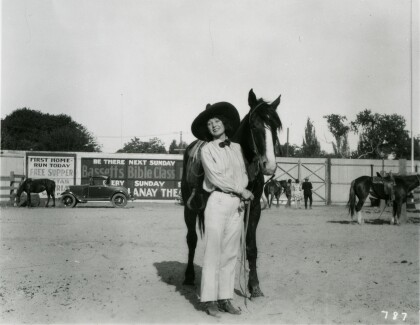
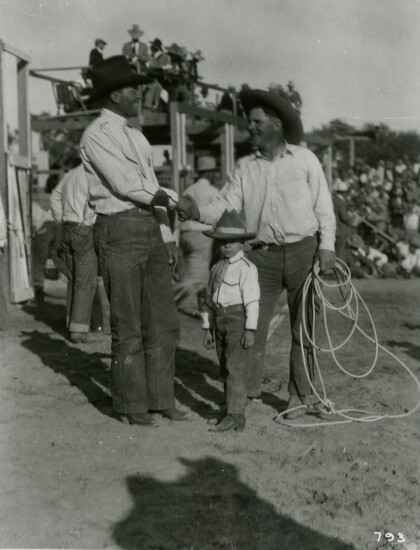
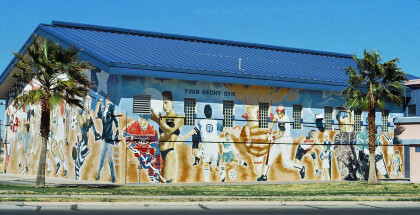
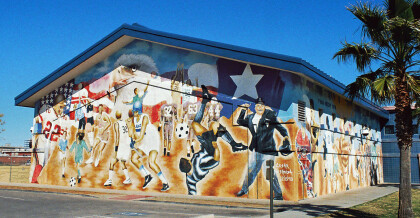
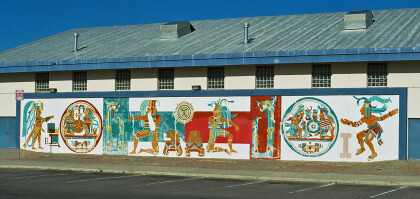
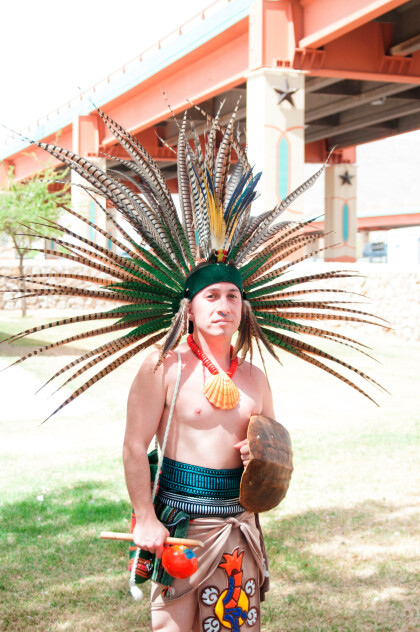
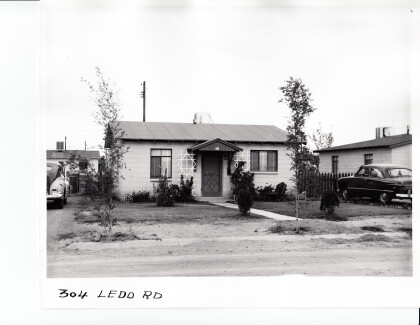
Comments
Add a comment